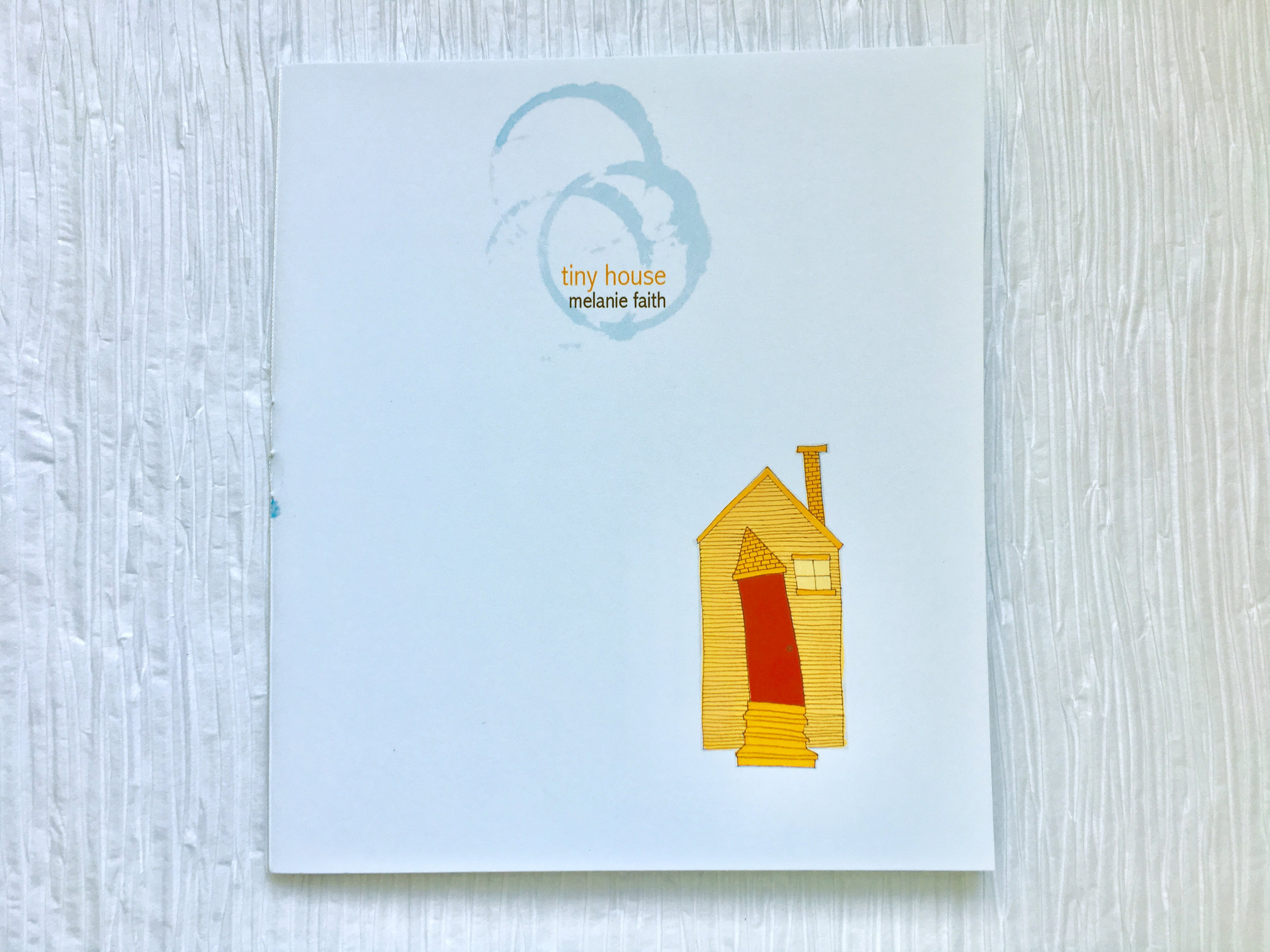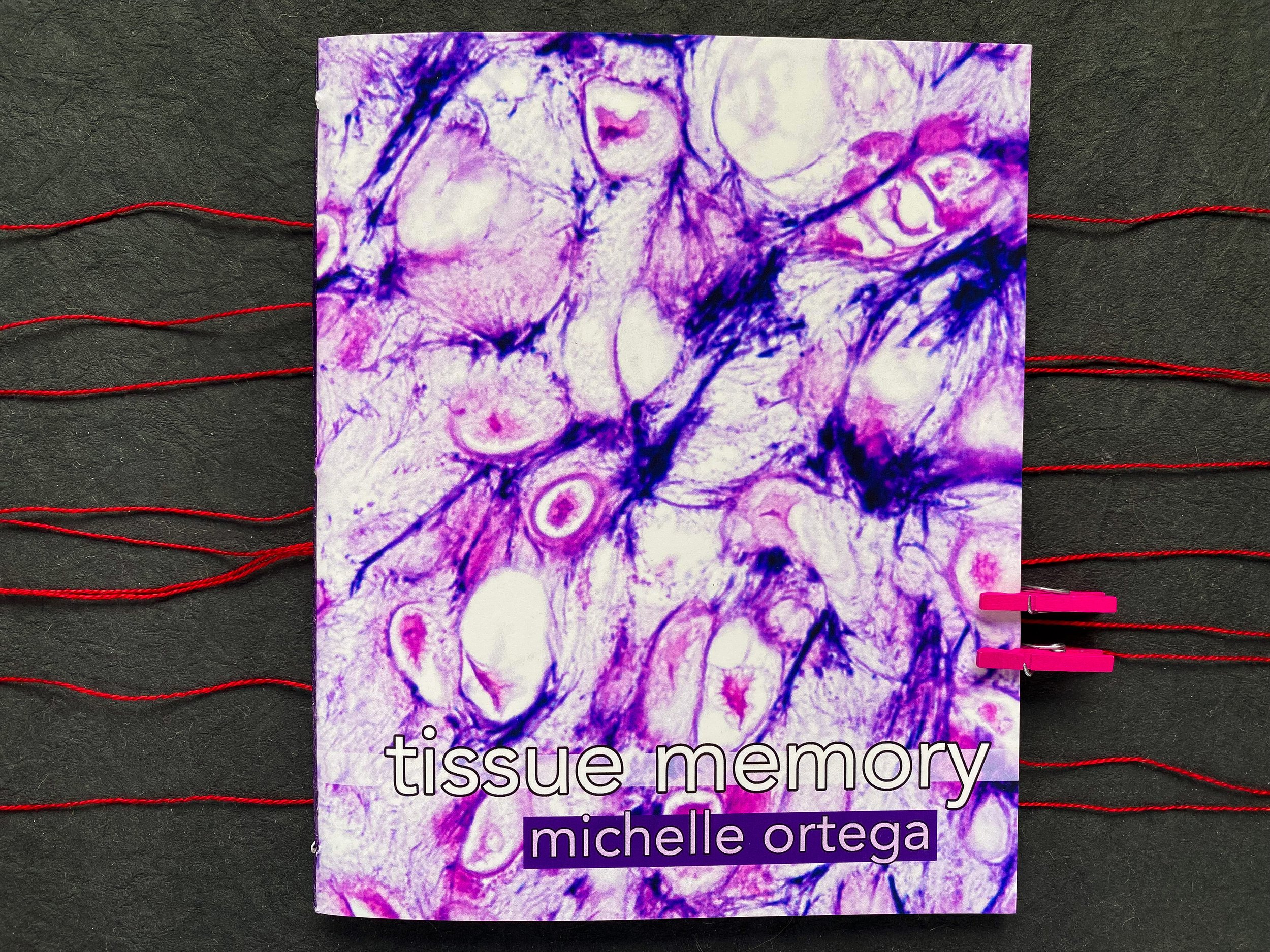
Tiny House
by Melanie Faith
Melanie Faith’s Tiny House is a micro chap of linked poems following the fictional narrative of a woman exploring tiny house ownership. Faith draws from her ancestral architectural experience (her family is full of builders and stone masons), to explore the idea of downsizing, stepping off the grid, and embracing the miniscule. We are charmed by this micro chap of sweet little poems. (Porkbelly Press, 2015)
20 pages
inkjet cover
open edition

Additional Info
AN EXCERPT FROM “IT IS ADVISED”
What makes a house a house
is light
altering inhabitant and interior
What makes a house a house
is a bed
built-in or pedestal or fold-down.
What makes a house a house
is the eye
recognizing a pitched roof as home.
COVER
“Little Orange House & Red Door” by Nicci Mechler is a custom gouache illustration made for this chapbook.
ABOUT THE POET
Melanie Faith holds an MFA from Queens University of Charlotte, NC. Her writing has been nominated three times for the Pushcart Prize. She is, among many things, an auntie, a tutor at a college prep school in Pennsylvania, and a freelance creative writing instructor. Her flash fiction, “The Slades,” placed honorable mention in the 2014 Bevel Summers Prize for the Short Short Story and was published in Shenandoah (Washington and Lee University). Her WWII-era poetry collection, Catching the Send-off Train, was published as the summer 2013 selection at Wordrunner eChapbooks. Her poetry chapbook, To Waken is to Begin, was published by Aldrich Press in September 2012. In addition to numerous photography publications, her instructional articles about creative writing techniques have appeared in The Writer and Writers’ Journal, among others. Her poems are forthcoming in The Hartskill Review.





